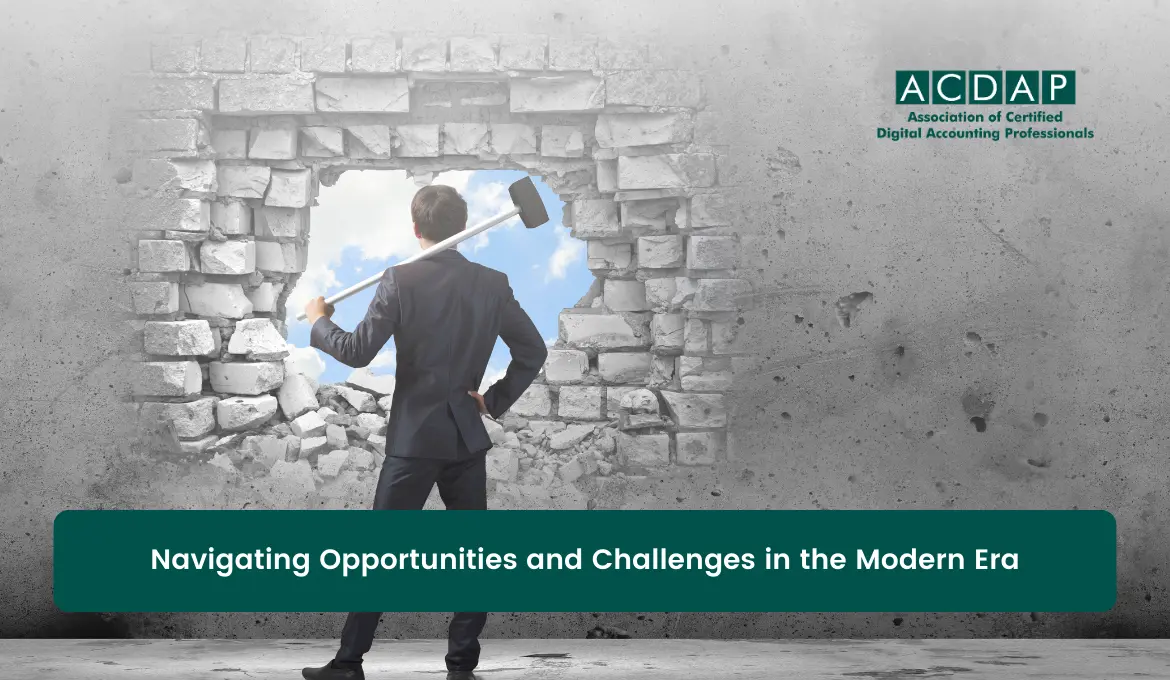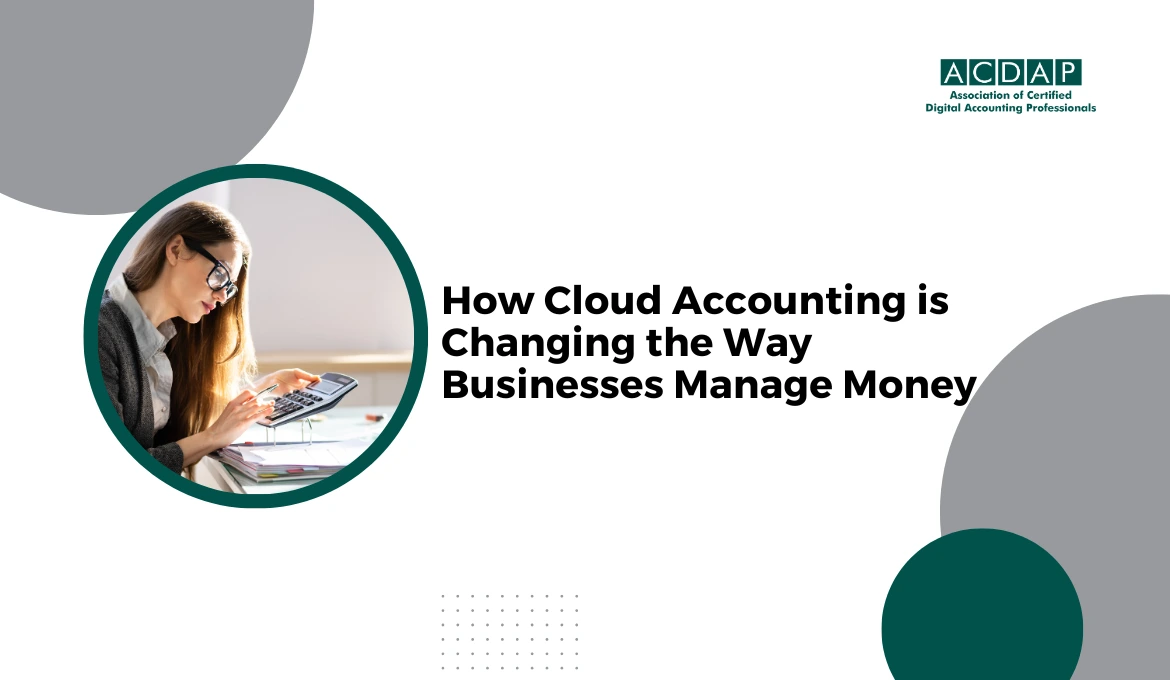In today's rapidly changing world, navigating the opportunities and challenges of the modern era requires a blend of adaptability, resilience, and forward-thinking. The pace of technological advancement, shifting socio-economic dynamics, and global interconnectedness present unprecedented opportunities for growth and development and complex challenges that demand innovative solutions.
In this blog, we'll explore the key opportunities and challenges facing individuals, businesses, and society in the modern era and examine strategies for navigating them effectively.
Embracing Technological Advancement
Opportunities:
- Digital Transformation: The spread of digital technologies has created innovation opportunities and growth in many industries. Tools like artificial intelligence, machine learning, blockchain, and the Internet of Things (IoT) help businesses work more efficiently, provide better customer experiences, and gain a competitive edge.
- Remote Work: The rise of remote work lets people work from anywhere, offering more flexibility, better work-life balance, and access to talent worldwide. It also allows businesses to use diverse skills and cut costs linked to traditional offices.
Challenges:
- Digital Divide: Despite the opportunities afforded by digital technologies, there remains a significant digital divide between those with technology access and those without. Addressing this divide is essential for ensuring equal access to opportunities and bridging socio-economic disparities.
- Cybersecurity Risks: With increased digitisation comes heightened cybersecurity risks, including data breaches, cyberattacks, and privacy concerns. Businesses and individuals must prioritise cybersecurity measures to protect sensitive information and eliminate the risk of cyber threats.
Embracing Diversity and Inclusion
Opportunities:
- Innovation and Creativity: Diversity of thought, perspective, and background fosters innovation and creativity by bringing together various ideas and insights. Organisations that adopt diversity and inclusion are more equipped to solve complex issues, adapt to change, and drive innovation.
- Talent Acquisition and Retention: Embracing diversity and inclusion is critical for engaging and retaining top talent in today's competitive labour market. Employees increasingly seek employers who prioritise diversity and offer an inclusive work environment where all individuals feel valued and respected.
Challenges:
- Unconscious Bias: Overcoming unconscious bias remains a significant challenge in fostering diversity and inclusion. Bias can manifest in hiring decisions, performance evaluations, and workplace interactions, undermining efforts to create a truly inclusive culture.
- Resistance to Change: Some individuals and organisations may be resistant to change and reluctant to embrace diversity and inclusion initiatives. Overcoming resistance requires leadership commitment, effective communication, and ongoing education and training.
Addressing Climate Change and Sustainability
Opportunities:
- Clean Energy Transition: Switching to clean, renewable energy offers excellent opportunities to cut carbon emissions, fight climate change, and support sustainable economic growth. Investing in renewable energy, energy efficiency, and green technologies is crucial for a sustainable future.
- Circular Economy: Adopting a circular economy model to minimise waste and maximise resource use helps businesses cut costs, boost sustainability, and create new revenue through product innovation and recycling.
Challenges:
- Climate Change Impacts: Climate change threatens ecosystems, communities, and economies worldwide with extreme weather, rising sea levels, and food shortages. Tackling these impacts needs urgent action and cooperation at local, national, and global levels.
- Transition Challenges: The transition to a low-carbon economy presents challenges for industries reliant on fossil fuels, such as coal mining and oil production. Supporting workers and communities impacted by the transition is essential to ensure a just and fair shift to a sustainable future.
Wrap Up
Exploring the opportunities and challenges of the modern era requires a proactive and forward-thinking approach that embraces innovation, diversity, and sustainability. By leveraging technological advancements, embracing diversity and inclusion, and addressing climate change and sustainability, individuals, businesses, and society can create a more resilient, equitable, and sustainable future for future generations.
However, navigating the path forward will require collaboration, cooperation, and collective action. Governments, civil society organisations, businesses, and individuals all have a role in driving positive change and shaping an inclusive, sustainable, prosperous future for all.
As we navigate the opportunities and challenges of the modern era, let us remain committed to building a world that values innovation, diversity, and sustainability and empowers individuals and communities to thrive in an ever-changing landscape. By working together and embracing change, we can develop a brighter and more resilient future for ourselves and future generations.


























